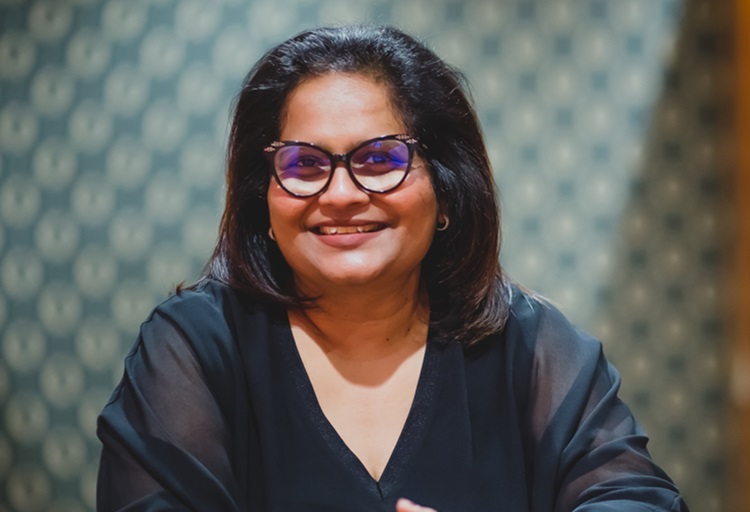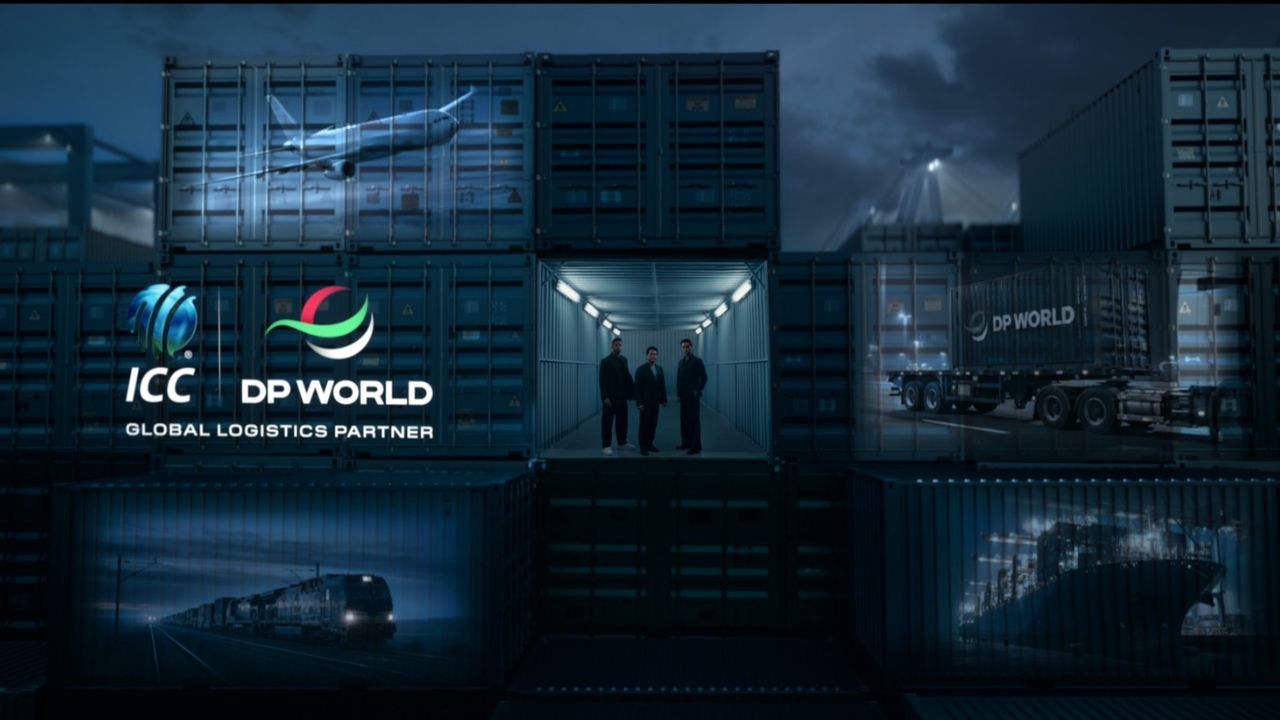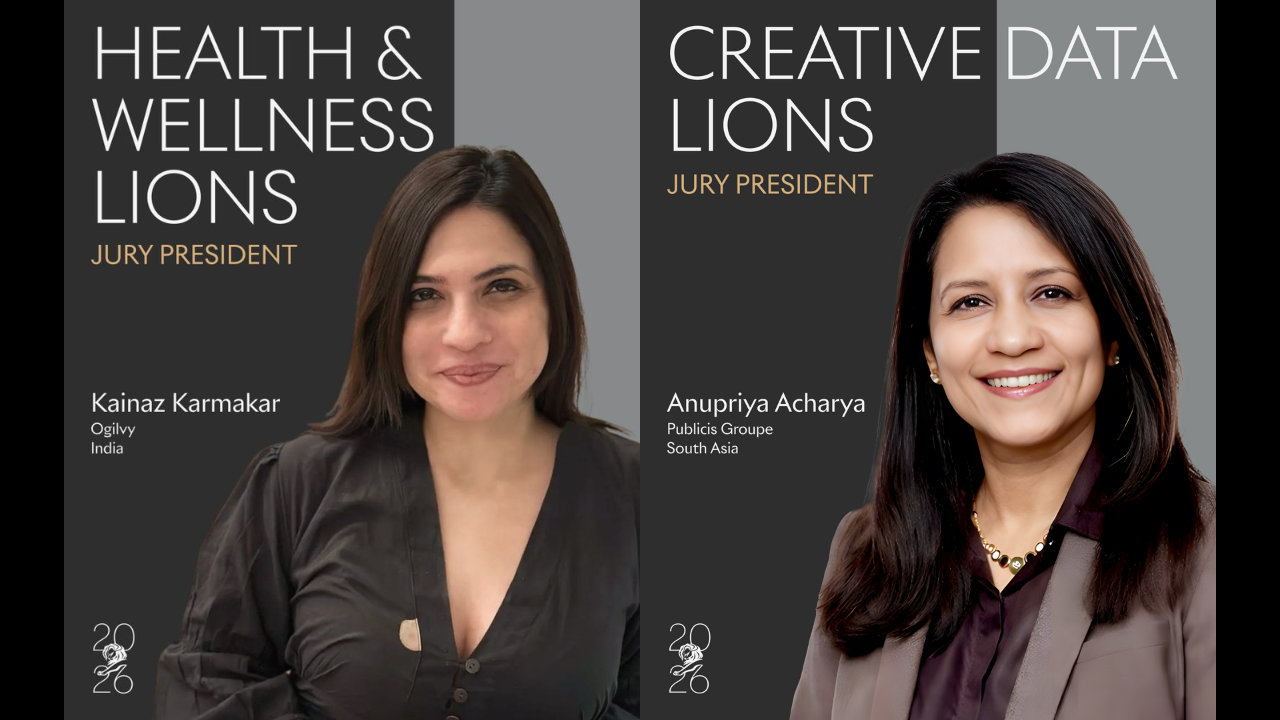Hephzibah Pathak, an Ogilvy stalwart, who has been with the agency since 1997, took over as the executive chairperson of the agency on 1 January 2024.
She’s the first woman to lead the company in India in the 95 years of its existence.
In her new role as executive chairperson, following the departure of Piyush Pandey from ‘active day-to-day’ management, she has been leading the overall strategic direction, growth, and transformation agenda of the company.
In a candid chat with Campaign India, her first media interaction since taking over her new role, she discusses her plans for the agency, how she’s settling in, her view on talent, diversity, and a lot more…
Edited excerpts:
How different have the last few months been at Ogilvy - since the announcement of you taking over as chairperson and Piyush Pandey stepping away from daily operations?
After 30 years of nurturing brands across geographies, I now have the privilege of being the steward for brand Ogilvy.
The remit has changed, but it feels organic because it’s a succession. As vice chairperson, with Piyush’s support, I was anyway doing a lot of the work. Now, with my changed role, I’ll be able to bring a lot more focus to the things I was championing.
I’ve been with Ogilvy for so many years, and so the faces are familiar, the clients are familiar, the challenges are familiar. I know the global and regional leaders too. The leadership team here in India, between us has 140 years of experience and had the good fortune of working with each other for a long time.
It’s a team sport and I think together, we can make a lot of things happen with a whole lot of sincerity, imagination, daring and a whole lot of fun.
What were the few things you were championing that you can now focus on?
We’re doing a lot of transformative work for clients. We’re also upskilling so that the staff is up to pace and knows what the challenges are for brands today.
We’re working around diversity and have a programme for that too. The majority of the work is around the client, modernising and transforming teams and the work.
How have clients responded to the change of Piyush stepping out and you replacing him?
I’ve been fortunate to have worked with a wide spectrum of clients for many years. I’ve been overwhelmed by the response. There’s a lot of faith and support shared by them.
One of the most defining aspects of my career is the partnership I have with clients. I look forward to deepening them and expanding the circle.
Any doubts from clients about the capability of the agency post-Piyush’s full-time exit?
There haven’t been any issues. For the clients I haven’t worked with, Piyush has set me up for success and they are eager to have me and give me a seat at the table.
VR Rajesh, our group CEO, is outstanding. Harshad Rajadhyaksha, Kainaz Karmakar and Sukesh Nayak are trailblazers. They’re playing captains as we all are. We are a very client and people-centric organisation. We take that very seriously. The agency has consistently delivered what it has for years because of its special culture. It takes a village to make things happen.
Does the brand name Ogilvy help?
Of course, it does help. But there’s a lot that we have to do personally too. Our contributions matter and because of the work I’ve done with clients, a lot of it has helped build my rapport too.
For 2024 - what are the targets specifically for Ogilvy?
Our vision is to be the best creative partner and platform for growth for our clients and create impact for their businesses. We create impact by innovating and operating at the intersection of people and capabilities. Impact happens at the intersection of platform, tech, culture, commerce, and experience.
Secondly, we want to keep the creative culture burning.
We also want to accelerate and scale a lot of the transformative activities we were doing around content, creative tech, influencer marketing, and experience. That’s already in place, but we need to get them up to scale.
While talking about the likes of creative tech, influencer marketing and other offerings – we’re seeing boutique offerings for each of them. Do clients prefer opting for them to handle these capabilities?
While we are large, we have specialisations. Sometimes clients want agencies to give them an integrated approach and work with one agency to give them end-to-end solutions.
We create bespoke models. We have an end-to-end team that does everything – from influencer marketing to social, performance marketing, to advertising. Clients are looking at skillsets. We have to deliver the specialisation they want and hold the integrated end-to-end conversation. Clients only look out (for specialists) if the agency can’t deliver that with expertise.
The brand-building aspect is important. With WPP, we have a suite of experts and sometimes collaborate to deliver whatever the requirements are.
Among the 2023 achievements - we saw Ogilvy's Mumbai office win 'strategy agency of the year' at Cannes along with multiple wins at Campaign's AOY. A new leadership has a new approach, so would awards be a strong focus area for you this year too?
We’re all homegrown and evolved with the culture of the agency.
The important aspect here is that we are here to help our clients win every day in the marketplace. The awards are a happy by-product of that.
Awards do make us happy and do make people feel recognised and rewarded. Both clients and agencies feel good. They’re also talent magnets and make teams feel motivated.
Our strategy has been to focus on a few awards. The important bit is that we show up every day to focus on the work. Nothing will work, unless you have work that works, and that’s critical. That’s always been Ogilvy’s mantra and the awards are an outcome of that.
A couple of years ago, other Indian agencies did really well at Cannes. So was there a renewed effort then?
In today’s world, it’s important to do famous and salient work. The job of being salient is harder than ever today because of the clutter.
When you’re creating work at that scale, and it gets noticed it means you’re creating cutting-edge work. We’re doing work on big brands too.
There may be disappointment, but if we have done a lot of great work that has helped brands move forward, we feel pride in that.
All great creative work is effective and will be noticed and recognised. We want to raise the standard and we’re in the pursuit of trying to do better. It’s divine discontent and that’s the culture in this agency. Award or no award, everyone shows up pushing, jostling, and trying to do better. Culture is the differentiator in this agency.
We have fantastic people and they are driving this culture, and that’s what creates this restless energy that keeps pushing the quality of the work forward.
Diversity is a hot topic and Ogilvy - you're the chairperson and there's Kainaz Karmakar among the leadership team. Globally, Devika Bulchandani mentioned that the agency’s progress is in the right direction. Where do you think the India team is about this?
We’ve been extremely conscious of this since around 2015-16. For any progress to be made, there needs to be a plan for a change to happen.
We have a systemic way in which we can arm women and disarm the environment. We have many pillars for it with measurable criteria like how we can improve our ratios. We’re looking at an equal number of CVs (men and women) when we’re hiring for senior roles. Often, if you don’t look hard enough, you’ll get 80% male CVs and 20% female. If you get this down to 50:50, there’s a good chance to find a brilliant woman leader. So being conscious of this is important.
We also want to enable the women internally to get into leadership roles. As a result of this, today we have three women on our board of seven members. Ogilvy is conscious and accountable about it.
Sometimes you can take a step forward and then two steps back. That’s why I said what gets measured, gets done. We have to be conscious, and intentional and be at it to make a change.
There’s a journey forward, it’s only the beginning.
While the conversation is on diversity. Diversity is the invite to the party. Inclusion is how you make them feel. So, it’s not just about tick marking and bringing them in. It’s about how you get their voices heard. I’m championing how women are in decision-making.
In the last 27 years (your tenure at Ogilvy), how has the agency and the advertising landscape been? What would you highlight as the biggest changes?
The overall quality of brands seems to be decent so the consumer can interchange brands. The consumer is more in control now and everyone has had to evolve.
So creativity has become an even bigger superpower. Today, you need creativity to solve any problem. Without creativity, there’s no innovation.
We’re also seeing the work evolve. The talent profile has changed too – we have technologists and digital natives. The kind of partners we work with are also different. We were working with producers and production teams only earlier.
From an agency point-of-view, I feel that our client relationships have strengthened. More clients have entrusted us with more work and we cherish that.
The nature of work has changed too. We’ve developed a muscle for hustle at Ogilvy in the last couple of years. When you want to make new work happen, you have to figure out a way to do so.
So the hustle is the art of figuring out some things that aren’t possible – the SRK piece (for Cadbury Celebrations) is an example of the same.
Hustle comes with a negative connotation sometimes. The industry itself is sometimes ridiculed for having too much ‘hustle’. That’s not what you’re referring to, right?
The muscle for hustle is about making impossible things possible. It’s not so linear, and nothing comes to you on a platter. We are figuring out how to make things happen and that’s what I’m referring to. It’s in no way a negative connotation.
At Ogilvy, we are very clear about our culture and we will not let anything change that. The negative part of hustle is about shortcutting, and that’s not it. This is more about inventiveness and resourcefulness.
For example, with the Savlon Chalks piece, we had to find someone to put something in a chalk. This was found through someone in Africa. That’s the muscle for hustle. To break new ground, you have to figure out how to make things happen.
You spoke about client relationships and them being long-term. We’re also seeing a lot more project-based work emerge though, especially with the start-ups. What’s your take on this?
It’s not increased as much for us. We were probably at 5% before, now we’re around 10-12% when it comes to projects versus retainers.
Within the Ogilvy group sits 82.5. Recently its chief creative officer moved to Ogilvy Indonesia. What’s your take on the agency? Does it need re-invention?
We believe it’s got a fantastic future. We’re very excited about the kind of people who want to join. We have fantastic talent in 82.5 Communications and we are going to evolve our offer to make it stronger. Our plans for 82.5 will be unveiled soon. It’s going to rock. The team there will be a talent magnet and clients will desire to work with them. Finally, it’s the work that will decide our destiny and that will happen.
Talent continues to be an issue for most agencies, with them not being able to match the remuneration the tech companies offer. How can agencies solve this?
We are on a continuous journey to improve that and have made significant progress here over the years. We’ve also ensured pay parity (men to women) and have consciously worked on this. We’ve not reached the peak, but we are certainly better now than we were five-six years ago.
For junior to mid-levels, it’s improved for sure.
Any other challenges?
Today, the marketing mix is more complex than it was. Our ability to be able to deliver high-quality work at a value that is win-win for clients and the agency is where we struggle. We also can’t manage conflict as well as consultants do.
From an industry point-of-view, talent is a challenge, however, I think we’re well placed. If you look at the bench we have here and the next level, 13 out of the 15 are homegrown. The industry needs to do the work to do work to make it a magnet for talent and an industry that’s not about ‘mad men’ but ‘mad people’.
Would the new age independent agencies, and the good work they’re doing help the industry?
They’re doing good work. But this needs to happen at scale for it to help the industry. I don’t think people coming out of schools are looking at advertising as the first option suddenly (due to these agencies). They (young talent) have much more choice.




